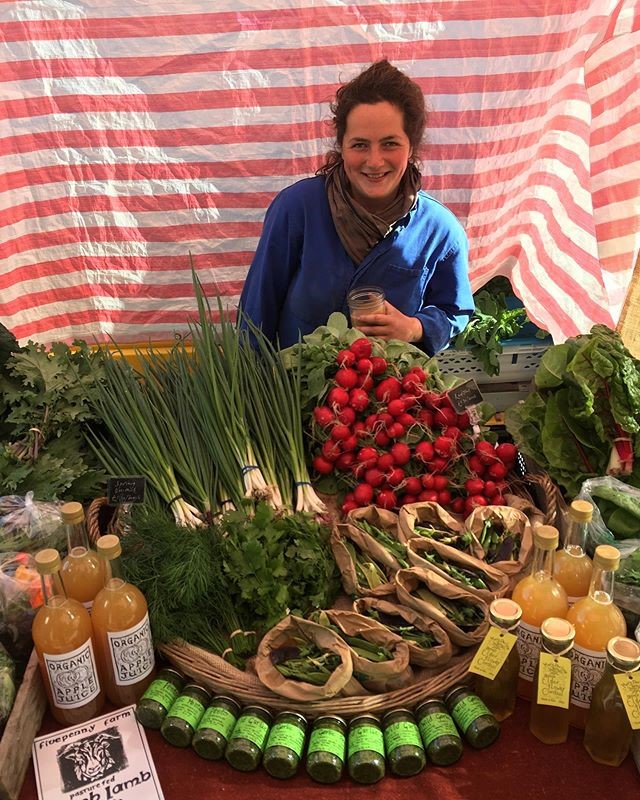Tamarisk farm, Haypenny Market Garden and Edible Gardens at St Mary’s Primary
by Candida Dunford Wood and Rosalind Reynolds-Grey Tamarisk farm is polishing barley and experiment with millet Adam Simon says ‘It’s all about increasing resilience. The more we have support from the local community, the more we can experiment with new crops that are suitable to a changing climate.” Just as farmers need to be adaptable … Read more

